Impact on Malaria, Maternal health and the Prognosis for Aids by Quality Assurance, Knowledge exchange and Training
Background
80% of the population of Malawi routinely take Traditional Herbal medicines. They are taken to speed up labour and to combat AIDs and Malaria. Currently there are no mechanisms for the Quality Assurance of Traditional medicines in Malawi. Therefore they can be: ineffective; too potent; toxic; and can interact adversely with conventional drugs. They can kill; worsen the condition or cause permanent long term damage and can increase the risk of cancer and chronic disease.
Formation of the collaborative project
After a meeting at Strathclyde University to discuss “Linking Health Research with local priorities in Malawi”, the Strathclyde Global Engagement fund provided resources to allow Strathclyde scientists to travel to Malawi to meet with potential collaborators. At these meetings the Malawian Scientists highlighted the great need for a Quality Assurance programme for Traditional Herbal Medicines. A collaborative proposal in this area was formulated by the University of Strathclyde and the College of Medicine (University of Malawi), with input from our partner organisations, the Forest Research Institute Malawi, the National Botanic Gardens of Malawi and the National Traditional Healers Umbrella Organisation. This proposal was submitted to the Scottish Government International Development Fund. The IMMPAQKT project was funded and commenced in April 2015.
Aims of project
This project aims to improve the safety and efficacy of traditional herbal medicines by:- The development of a Quality Assurance programme for Traditional Herbal Medicines.
- The training and education of Doctors and Pharmacists in Traditional Herbal Medicine.
- Knowledge exchange between Traditional Herbal Healers and Conventional Medical Professionals.
How these will be achieved
- A member of staff from the College of Medicine will undertake specialised training in pharmaceutical analysis techniques at the University of Strathclyde.
- The most appropriate herbal medicines will be selected for the project: one to combat Malaria one to enhance labour and one to treat AIDS.
- A MSc. in Traditional Herbal Medicine will be established at the College of Medicine.
- University of Strathclyde staff will provide
- training workshops at the College of Medicine in specialised techniques for analysis Traditional Herbal Medicines.
- A series of 18 Knowledge Exchange Workshops will be held, each with 10 Traditional Herbal Healers and 10 Conventional Medical professionals
VIDEO: IMMPAQKT project manager (Malawi) Associate Professor Fanuel Lampiao talks about the project
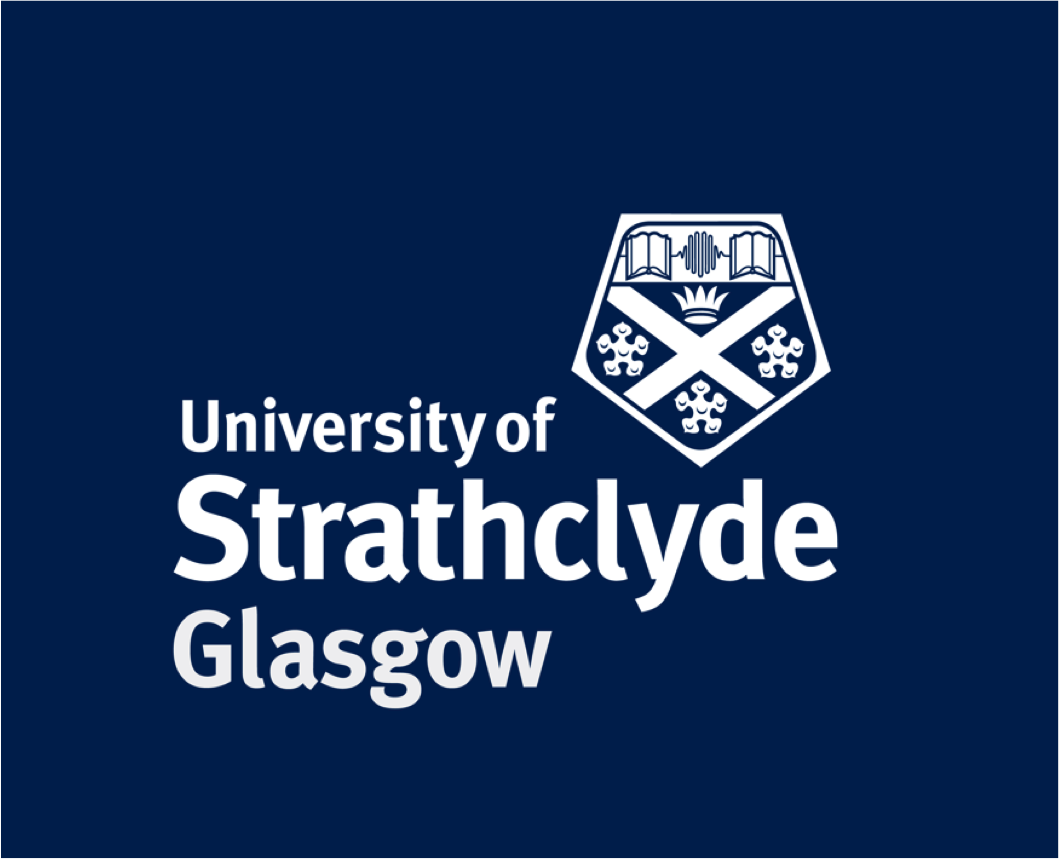
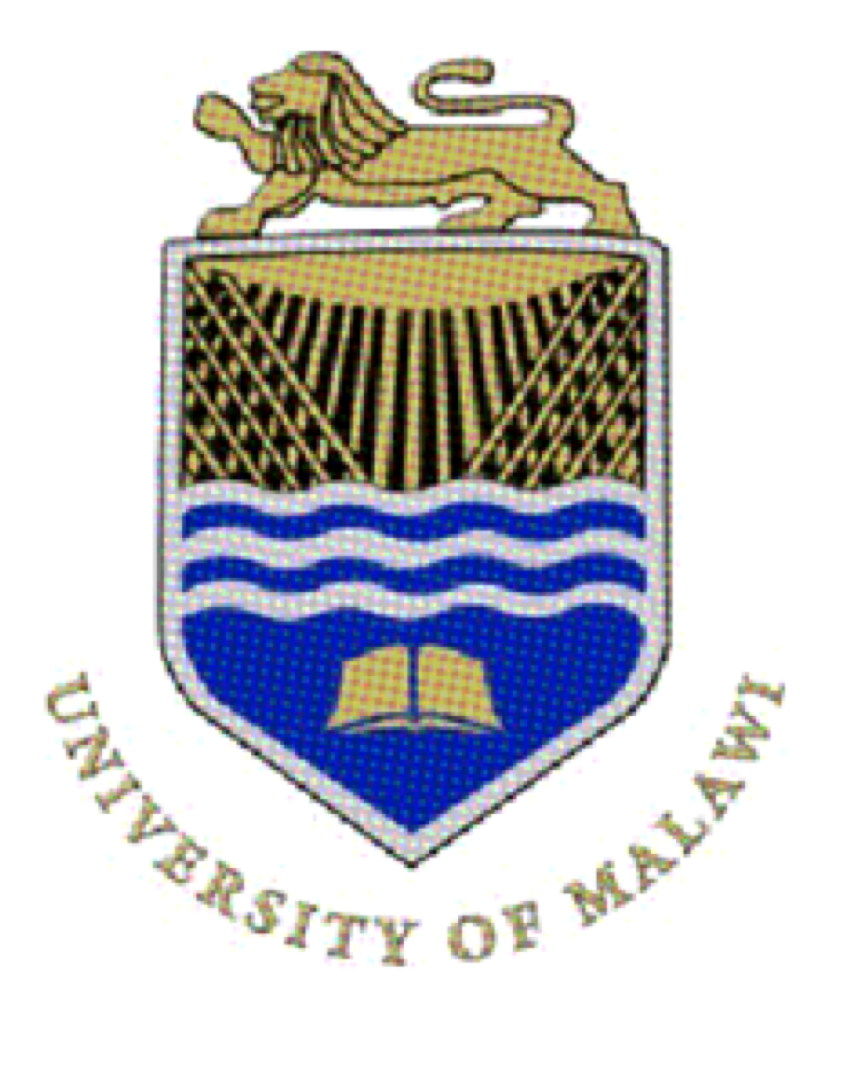

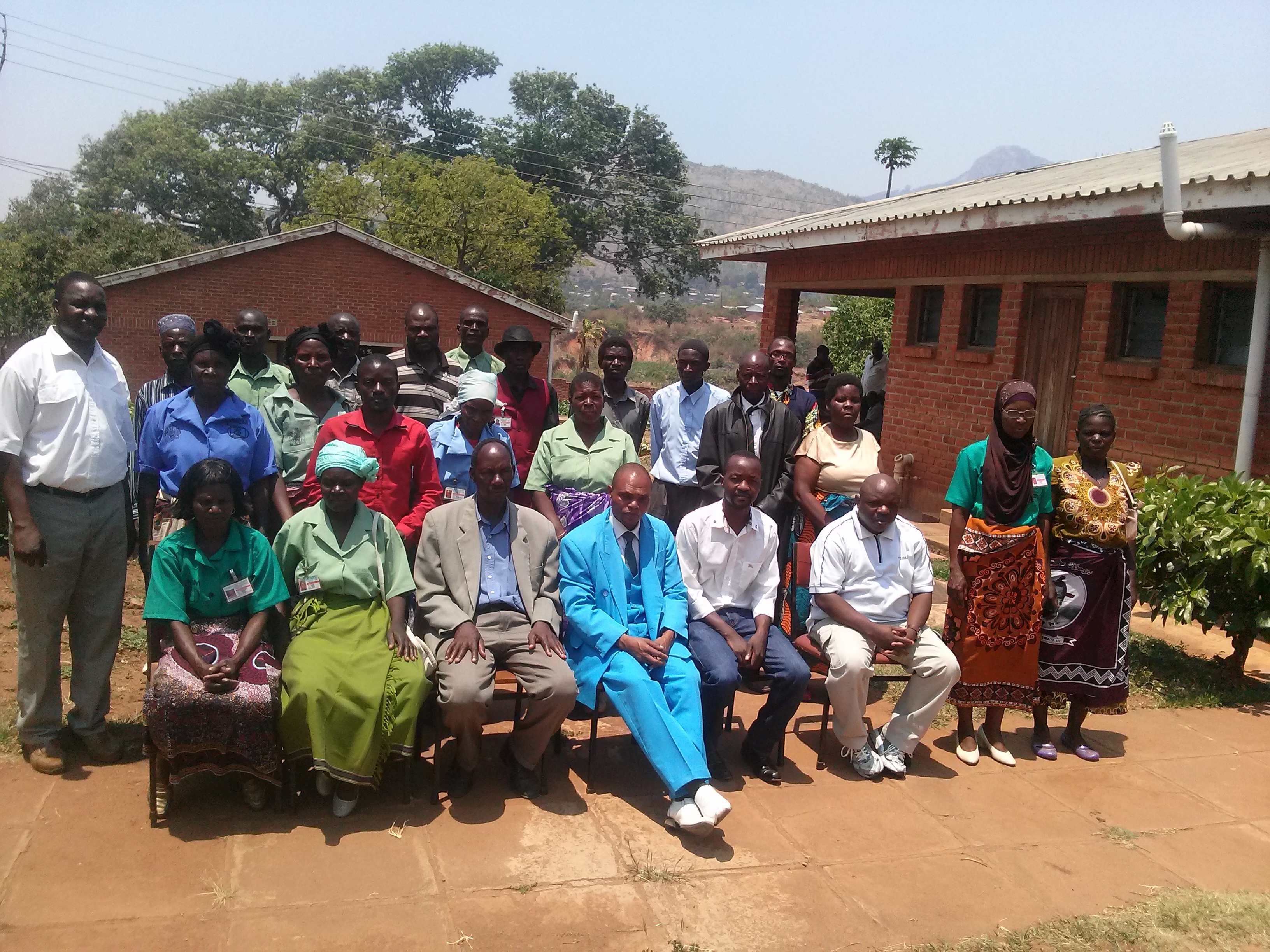
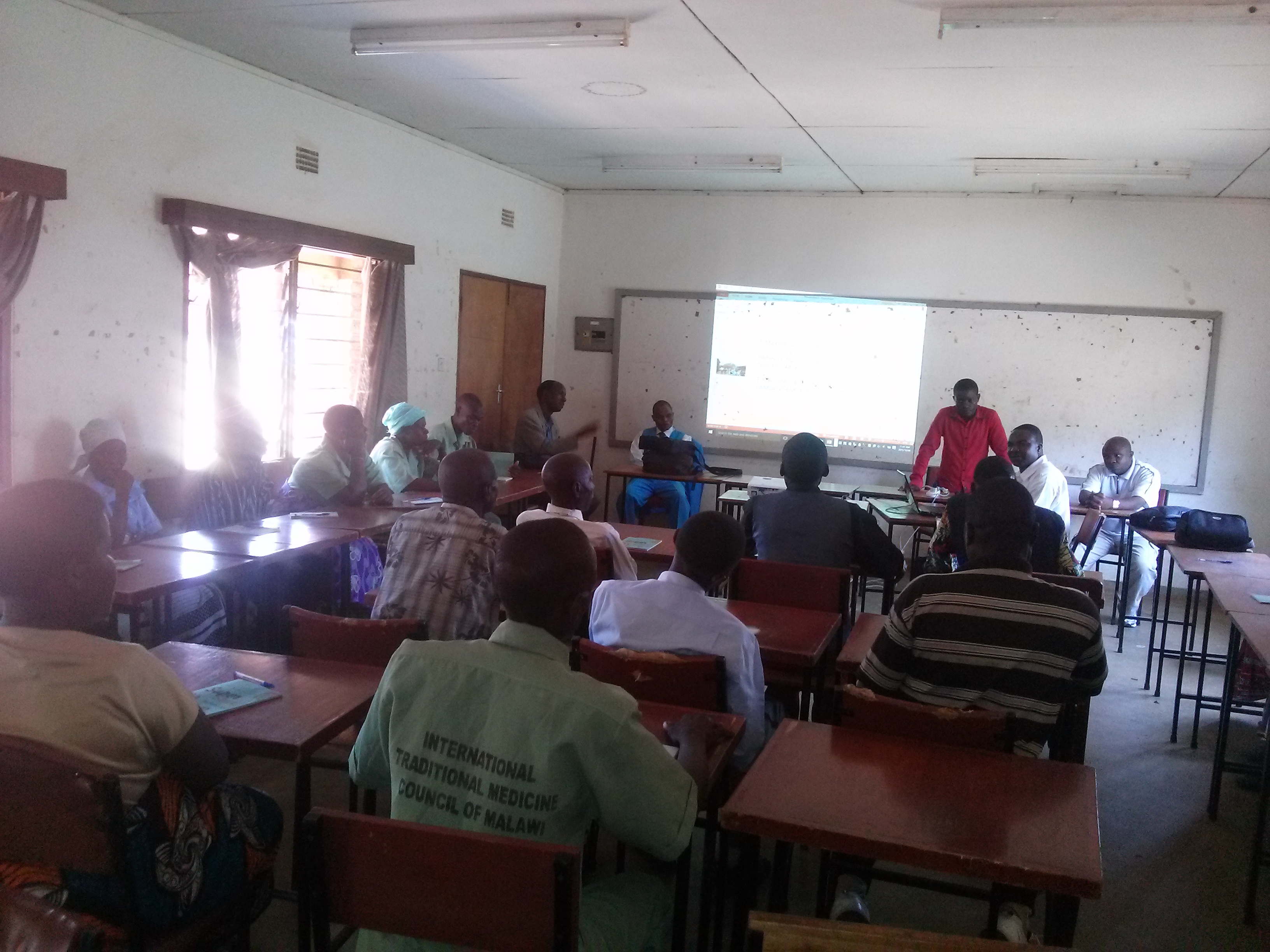
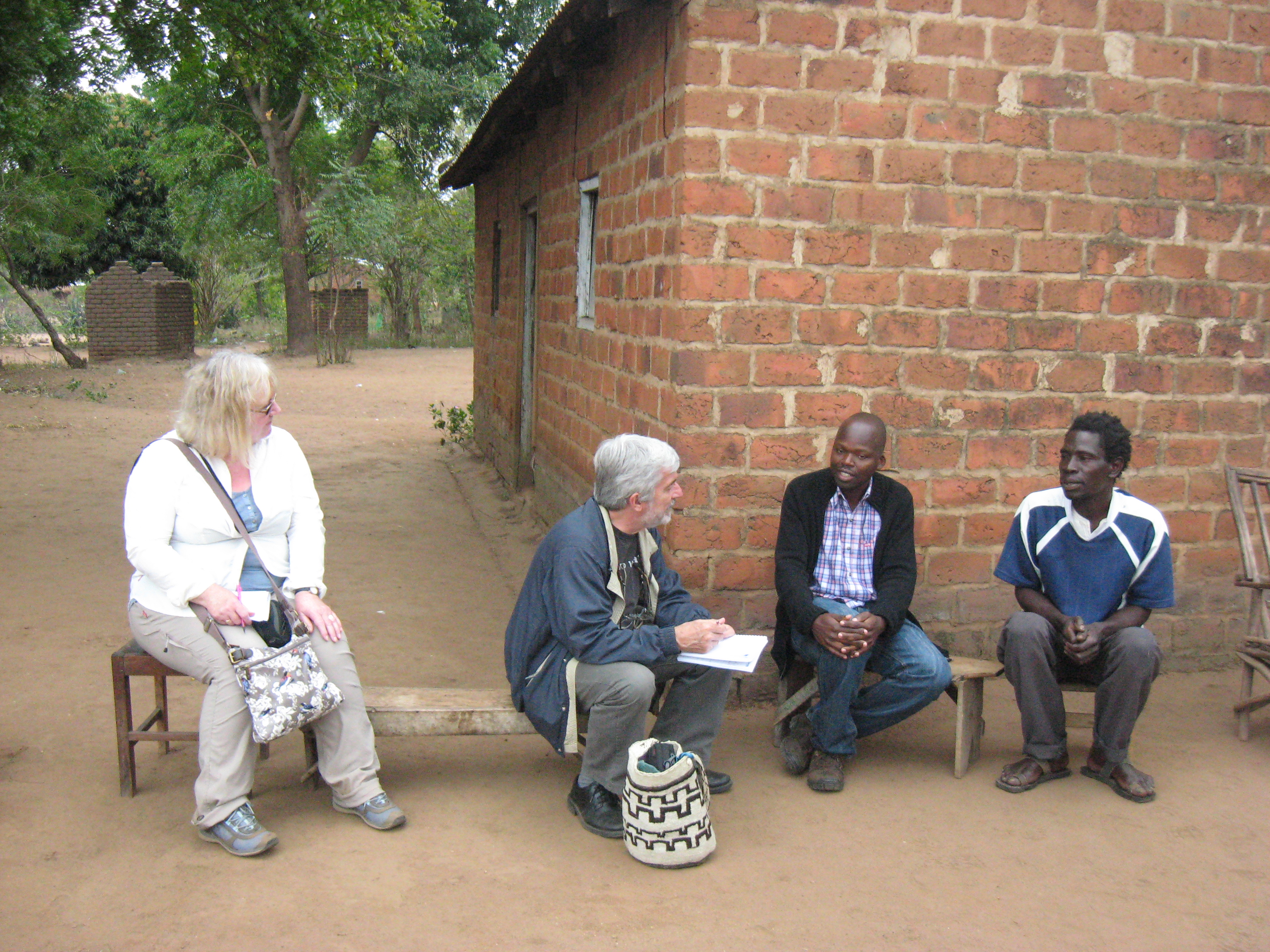
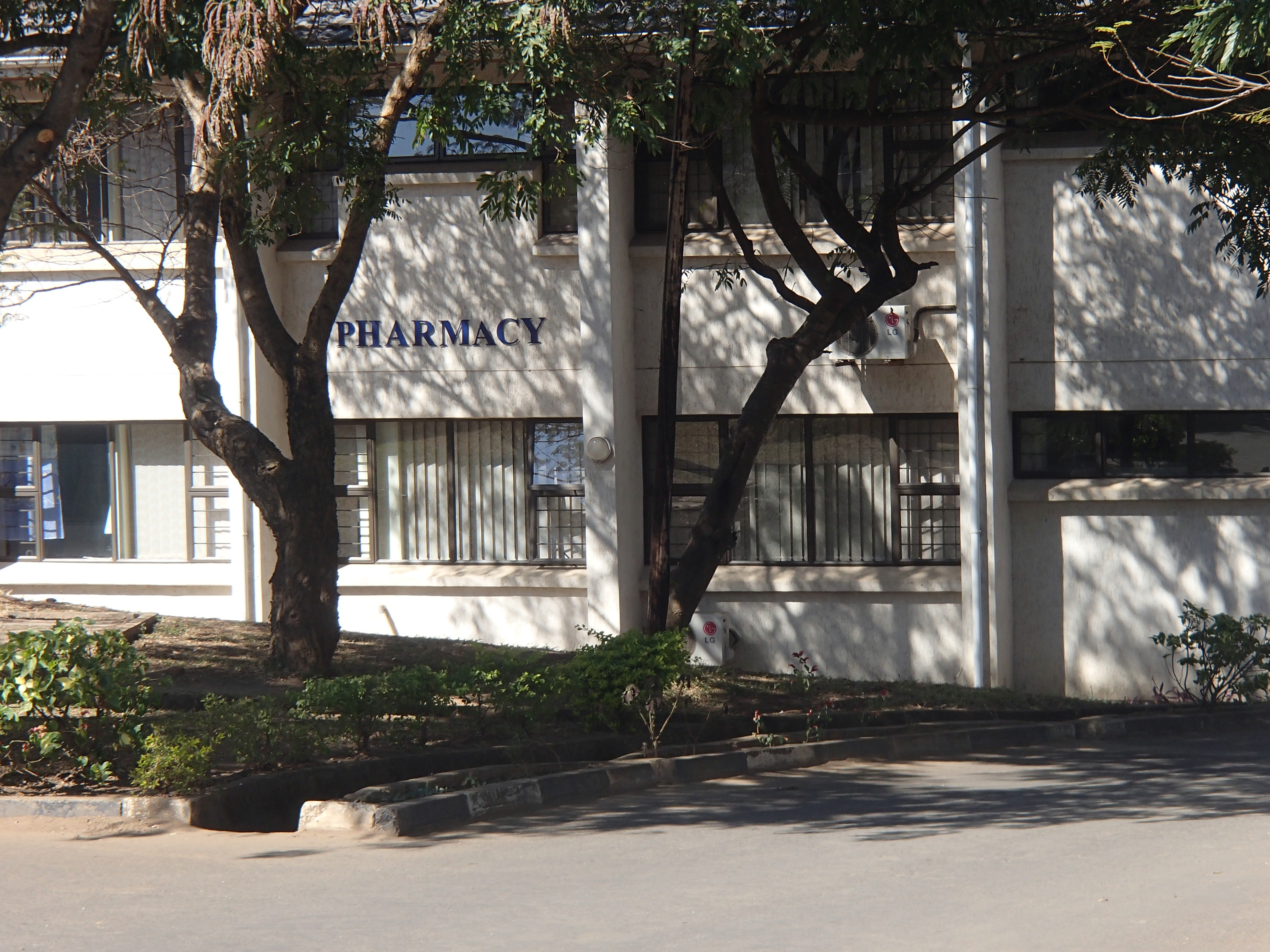
News
Immpaqkt at Engage with Strathclyde (5th May 2016) Thursday, 5th May 2016, 1:15 pm - 4:00 pm Venue: The Collins Building, University of Strathclyde This event offers the opportunity to discover the influential research of Strathclyde and our partners in Malawi in the themes of Water, Health, Energy and Education, and to explore the future work of the Programme.Improving lives in Malawi - Building Partnerships to Provide Future Solutions
Book a place at this event